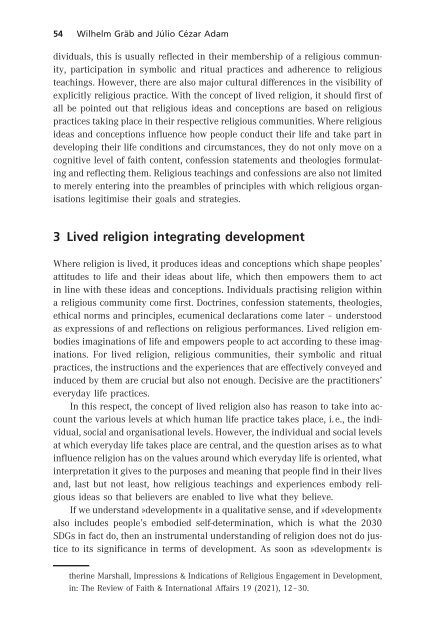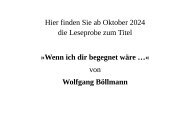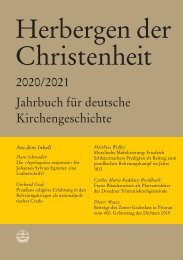Kristin Merle | Manuel Stetter | Katharina Krause (Hrsg.): Prekäres Wissen (Leseprobe)
Welche kritischen Analysen christlich-religiöser Symbole und kirchlicher Praxis sind nötig, um kulturelle Stereotype und hegemoniale Vorstellungen freizulegen? Inwiefern lassen sich postkoloniale und dekolonialisierende, aber auch rekolonialisierende Praktiken im Kontext des Religiösen und der Kirchen identifizieren? Mit diesen Fragen befassen sich die in diesem Band vorliegenden Beiträge. Versammelt sind theoretische Überlegungen wie empirische und historische Fallstudien im Zusammenhang von Problemstellungen und Konzepten postkolonialer Theorien. Es zeigt sich: Wissen ist prekär. In den vielschichtigen Zusammenhängen seines Erwerbs wie seiner Organisation geht es immer um Praktiken der Legitimierung, Sanktionierung und Priorisierung und damit um die Gestaltung von Machtverhältnissen.
Welche kritischen Analysen christlich-religiöser Symbole und kirchlicher Praxis sind nötig, um kulturelle Stereotype und hegemoniale Vorstellungen freizulegen? Inwiefern lassen sich postkoloniale und dekolonialisierende, aber auch rekolonialisierende Praktiken im Kontext des Religiösen und der Kirchen identifizieren?
Mit diesen Fragen befassen sich die in diesem Band vorliegenden Beiträge. Versammelt sind theoretische Überlegungen wie empirische und historische Fallstudien im Zusammenhang von Problemstellungen und Konzepten postkolonialer Theorien. Es zeigt sich: Wissen ist prekär. In den vielschichtigen Zusammenhängen seines Erwerbs wie seiner Organisation geht es immer um Praktiken der Legitimierung, Sanktionierung und Priorisierung und damit um die Gestaltung von Machtverhältnissen.
Erfolgreiche ePaper selbst erstellen
Machen Sie aus Ihren PDF Publikationen ein blätterbares Flipbook mit unserer einzigartigen Google optimierten e-Paper Software.
54 Wilhelm Gräb and Júlio Cézar Adam<br />
dividuals, this is usually reflected in their membership ofareligious community,<br />
participation in symbolic and ritual practices and adherence to religious<br />
teachings. However, there are also major cultural differences in the visibility of<br />
explicitly religious practice. With the concept of lived religion, it should first of<br />
all be pointed out that religious ideas and conceptions are based on religious<br />
practices taking place in their respective religious communities. Where religious<br />
ideas and conceptions influence how people conduct their life and take part in<br />
developing their life conditions and circumstances, they do not only move on a<br />
cognitive level of faith content, confession statements and theologies formulating<br />
and reflecting them. Religious teachings and confessions are also not limited<br />
to merely entering into the preambles of principles with which religious organisations<br />
legitimise their goals and strategies.<br />
3Lived religion integrating development<br />
Where religion is lived, it produces ideas and conceptions which shape peoples’<br />
attitudes to life and their ideas about life, which then empowers them to act<br />
in line with these ideas and conceptions. Individuals practising religion within<br />
areligious community come first. Doctrines, confession statements, theologies,<br />
ethical norms and principles, ecumenical declarations come later – understood<br />
as expressions of and reflections on religious performances. Lived religion embodies<br />
imaginations of life and empowers people to act according to these imaginations.<br />
For lived religion, religious communities, their symbolic and ritual<br />
practices, the instructions and the experiences that are effectively conveyed and<br />
induced by them are crucial but also not enough. Decisive are the practitioners’<br />
everyday life practices.<br />
In this respect, the concept of lived religion also has reason to take into account<br />
the various levels at which human life practice takes place, i.e., the individual,social<br />
and organisational levels.However, the individual and sociallevels<br />
at which everyday life takes placeare central,and the question arises as to what<br />
influence religion has on the values around which everyday life is oriented, what<br />
interpretationitgives to the purposes and meaning that people find in theirlives<br />
and, last but not least, how religious teachings and experiences embody religious<br />
ideas so that believers are enabled to live what they believe.<br />
If we understand »development« in aqualitative sense, and if »development«<br />
also includes people’s embodied self-determination, which is what the 2030<br />
SDGs in fact do, then aninstrumentalunderstanding of religion does not do justice<br />
to its significance in terms of development. As soon as »development« is<br />
therine Marshall, Impressions &Indications of Religious Engagement in Development,<br />
in: The Review of Faith &International Affairs 19 (2021), 12–30.
















